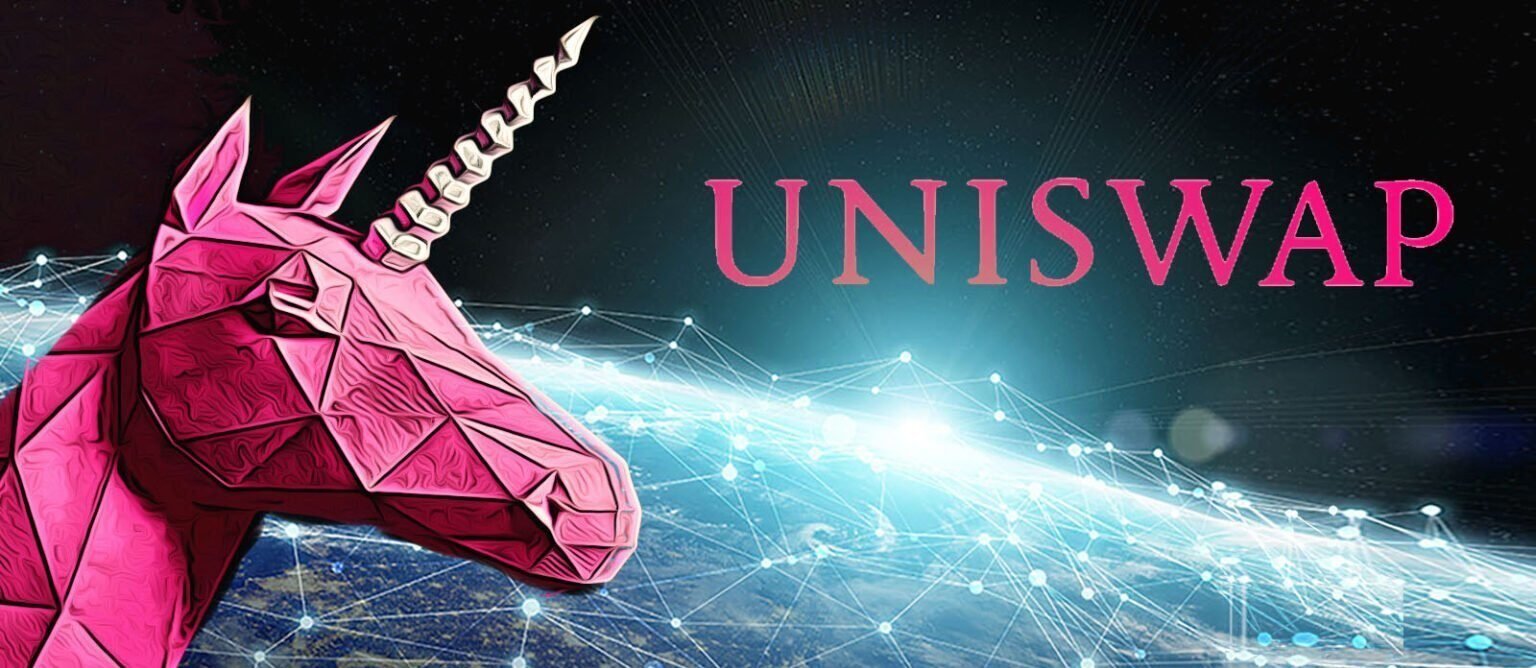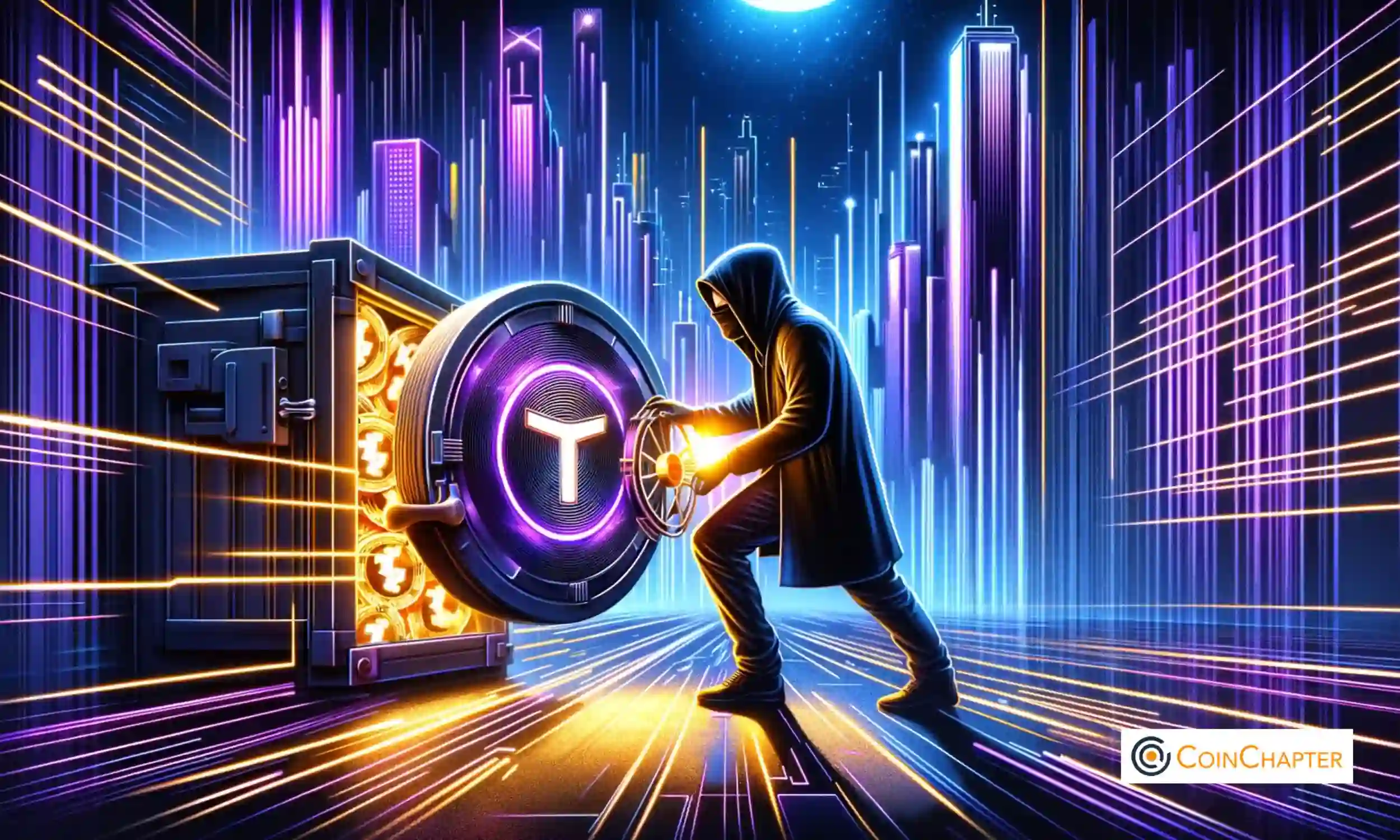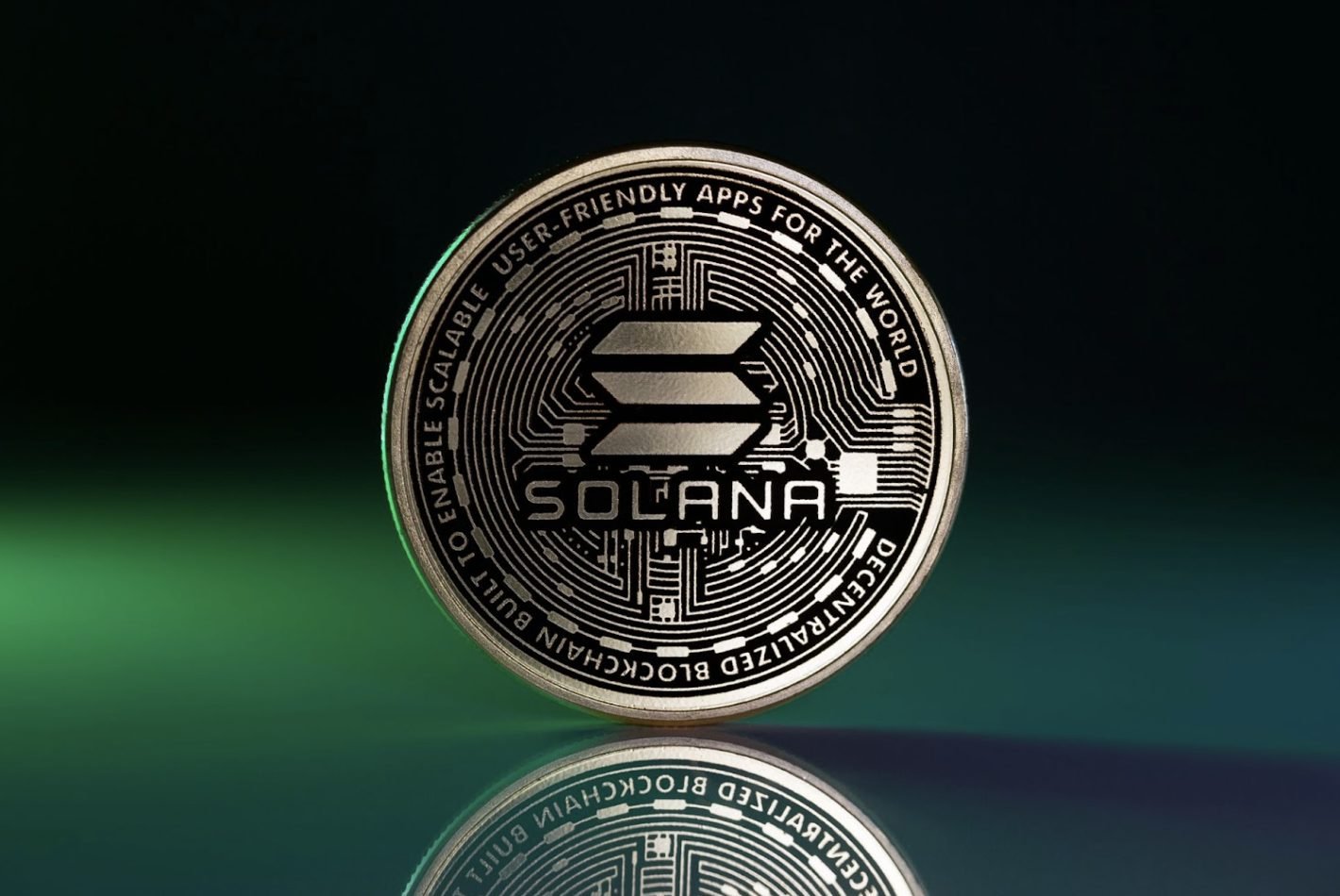[ad_1]
Last week, Uniswap unveiled its governance token, UNI. Presented as a way to decentralize the protocol, it would appear that the distribution is not as decentralized as advertised.
Escrow period in question
Last week, Uniswap launched its governance token the UNI. In total, 1 billion tokens have been created. These tokens are intended to decentralize the governance of the protocol and were distributed to the users, creators and investors of the project.
In practice, 60% of the total supply was distributed to protocol users, whether through the airdrop of 150 million tokens or through the liquidity mining campaign. The remaining 40% was distributed to the creators, employees, investors and other advisers of the protocol, with a period of escrow of 4 years.
Unfortunately, according to a study published by Glassnode, it seems that a gray area exists around the period of escrow. So, while it was announced, no timeline for the distribution was released.
Worse yet, all funds would be held on a single Ethereum address, with no restrictions on transfers.
“While the distribution schedule pictured above shows them vesting gradually, the tokens allocated to the Uniswap team and investors are currently held in regular Ethereum addresses (i.e. externally owned addresses, or EOAs) with no transfer restrictions. In contrast, the governance treasury tokens are locked up in smart contracts and will be released programatically over time.” – Glassnode report
Therefore, no one knows who has control of the private keys of these addresses. For this reason and because of the lack of restriction on transfers, the tokens are not strictly speaking in escrow.
Binance, the king of Uniswap governance
In his report, Glassnode takes the opportunity to question the governance mechanisms of Uniswap. Therefore, to publish a proposed change, a user must own (or have been delegated) 10 million UNI, or 1% of the total offer.
Anyway, all of the tokens have not yet been distributed. In reality, the publication of a proposal requires 8% of the total offer. At the time of writing this article, only the centralized exchange platform Binance holds enough UNI tokens to issue a proposal. An absurd situation for the governance of a platform that wants to be decentralized and community.
Glassnode’s report concludes on the near impossibility of seeing governance proposals from the community, a topic that had already been addressed by Andre Cronje the creator of yEarn.
“As a result, unless someone can lobby 10 million UNI worth of delegated voting power and at least 40 million votes, community-led governance is essentially impossible for the time being.” – Glassnode report
Post Views: 1,589
[ad_2]




